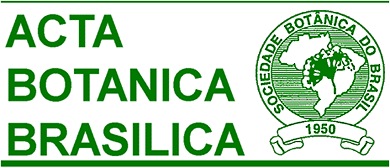The "sorva" or "sorvinha" (Couma utilis (Mart.) Muell. Arg., Apocynaceae) is an Amazonian tree of minor economic importance, from which a non-elastic gum and edible fruits are obtained. Knowledge of its phenology can help plan plantation management and fruit commercialization. Ten "sorva" trees in a monoculture plantation (planted in 1980) were observed from 1984 to 1990. Flowering started in 1984, became significant in 1985, and reached 8,000 flowers/tree in 1988. There were generally two important harvests during the year, although there were three in 1989. In four of the seven years of observations the main harvest occurred during the rainy season, in the others it occurred at the beginning of the dry season. Mean annual fruit set varied from 10% in the first year (1984) to 25% in 1989. In 1986, the 10 sorva trees produced an average of 2,500 fruits, each weighing on average 15.5 g, permitting yield estimates of nearly 40 kg of fruits/tree/year and 15 t/ha at a density of 400 plants/ha.
tropical fruit culture; flowering; fruiting; fruit set




